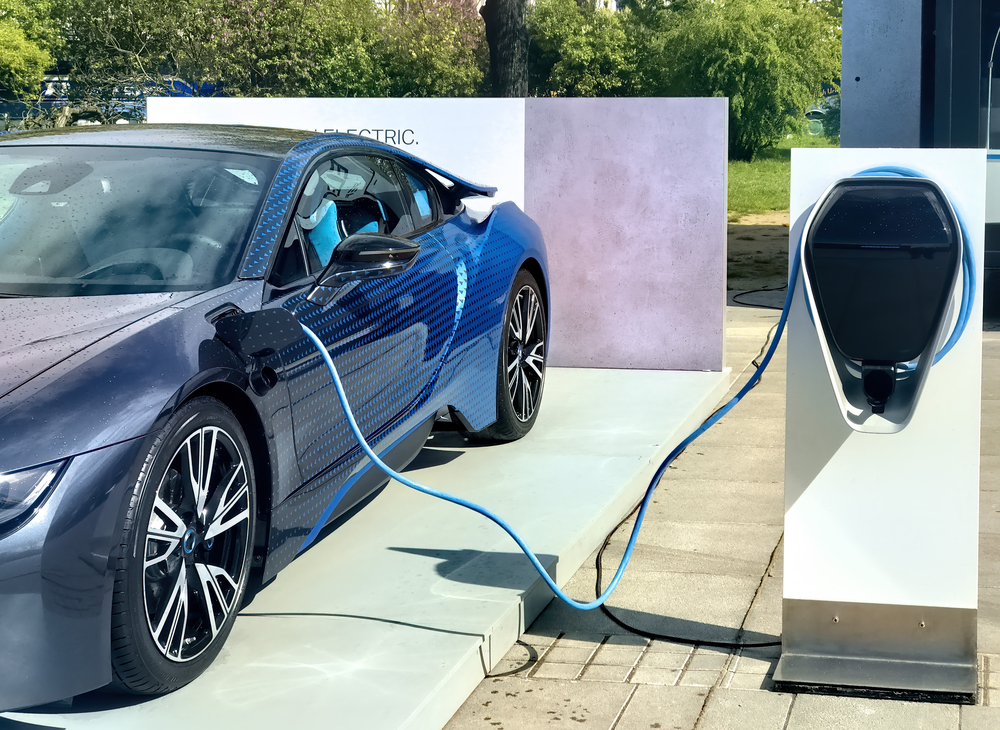
In a landmark achievement, China has reached a significant milestone in its automotive industry.
For the first time, new energy vehicles (NEVs), including electric and hybrid models, have outsold traditional petrol-powered cars every month.
Data released by the China Passenger Car Association (CPCA) reveals that NEVs made up over 50% of all new passenger car sales in July.
This remarkable shift highlights China’s accelerating transition toward cleaner transportation and its ongoing efforts to reduce reliance on fossil fuels.
In July, battery-powered and hybrid vehicles accounted for 51% of total new passenger car sales in China, a notable increase from 36% in the same month last year.
This surge is particularly striking given that overall vehicle sales in the country declined by 2.8% to 1.72 million units.
The rise in NEV sales reflects a broader trend towards cleaner energy sources in response to environmental concerns and government policies aimed at reducing greenhouse gas emissions.
Doubled subsidies
China’s robust government support for NEVs has been a crucial factor in this market shift.
Over the past decade, substantial subsidies have been provided to both manufacturers and buyers, making EVs and hybrids more affordable.
Recently, the government doubled subsidies for trading in old cars for new NEVs to 20,000 yuan (£2,160).
This initiative is designed to encourage consumers to transition from petrol-powered vehicles to more eco-friendly alternatives.
Additionally, the government has relaxed auto loan requirements and launched promotional campaigns in smaller cities and rural areas, expanding the market for NEVs.
Investments in charging infrastructure have also alleviated range anxiety, a major barrier for potential EV buyers.
Intense competition among automakers
The rapid growth of NEVs in China has spurred intense competition among automakers. Domestic companies such as BYD and NIO have ramped up production and marketing efforts, leading to a price war in the NEV sector.
BYD, for instance, has been offering substantial discounts on its vehicles, resulting in strong sales growth.
However, this price competition has led some international automakers, including BMW, Audi, and Mercedes-Benz, to scale back their discounts.
These companies are now focusing on differentiating their products through advanced technology, luxury features, and brand prestige.
Despite the challenges of price competition, China’s domestic automakers continue to thrive.
Many have benefited from government support and a deep understanding of the local market, enabling them to develop products that resonate with Chinese consumers and build strong brand loyalty.
China’s NEV dominance
China’s rapid adoption of NEVs is reshaping the global automotive landscape.
As the largest car market and the biggest emitter of greenhouse gases, China’s transition to electric mobility has significant implications for global supply chains and investment patterns.
The rising demand for NEVs is increasing the need for raw materials like lithium, cobalt, and nickel, influencing global commodity markets and prompting more investment in mining and refining operations.
International automakers are also aligning their strategies with China’s NEV market, increasing their investments in electric vehicle technology and production.
The focus on features that appeal to Chinese consumers, such as advanced driver assistance systems (ADAS) and connectivity, is expected to influence global automotive design and development.
China’s achievement of having over 50% of its car sales as NEVs in July underscores its leadership in the global transition to electric mobility.
While short-term challenges, including economic slowdowns and price competition, may affect the NEV sector’s growth, China’s success serves as a model for other nations aiming to reduce carbon emissions and achieve environmental goals.
As other countries seek to replicate China’s success, the lessons learned from China’s experience will be crucial in shaping the future of the global automotive industry.
The post Electric and hybrid vehicles now account for over 50% of new car sales in China appeared first on Invezz
https://invezz.com/news/2024/08/17/electric-and-hybrid-vehicles-now-account-for-over-50-of-new-car-sales-in-china/


